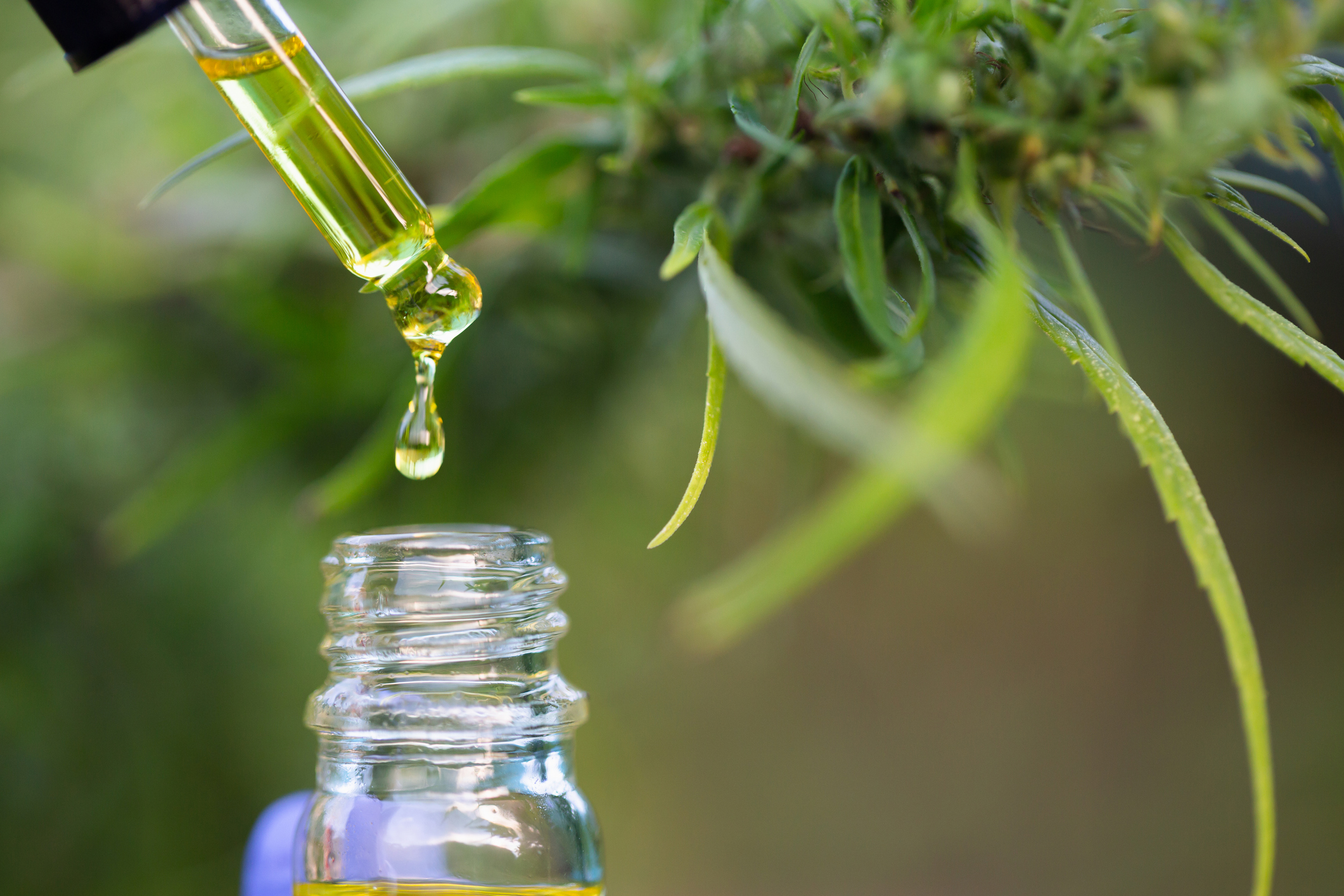Update: On December 14, 2021, the Minnesota Supreme Court granted Loveless’s petition to review his conviction for possession of a controlled-substance based on THC in liquid form. This is huge news for Minnesota’s hemp and cannabis industry, but it does not signal the end of the Loveless loophole. While the Supreme Court could reverse the conviction, there is significant possibility the Supreme Court will read and apply the statute in the same manner as the Court of Appeals, affirming the decision. Plus, the lifecycle of a case at the Supreme Court could be up to a year. The most effective and efficient means of closing the Loveless loophole is for Minnesota Legislature to correct it in the legislative sessions starting in January 2022.
Original Article:
A recent criminal case from the Minnesota Court of Appeals came in under the radar, yet it sent shock waves through Minnesota’s cannabis and hemp industry. The Loveless case identified a loophole from when Minnesota created its hemp program that could lead to significant ramifications. Fortunately, the loophole can easily be closed with the right legislation.
In State of Minnesota v. Loveless, 966 N.W.2d 493 (Minn. Ct. App. Sept. 13, 2021), review granted (Dec. 14, 2021), Loveless was charged with two counts of possession of a controlled substance after being arrested in possession of “leafy plant material” and “amber-colored liquid mixture” in vape cartridges. At his criminal trial, the State’s expert testified she tested the plant material and amber liquid and found both to be cannabis containing THC. Importantly, the State’s expert did not testify as whether the substances contained delta-9 THC in a concentration greater than 0.3% on a dry-weight basis. He was found guilty on both charges.
The Court of Appeals first reviewed the verdict regarding the plant material. Minnesota revised its controlled-substance law relating to cannabis plant materials in 2019 to carve out the exception for “industrial hemp,” defined as plant material with less than 0.3% delta-9 THC. In Loveless’s criminal trial, the State’s expert failed to testify as to the concentration of delta-9 THC in the plant material, so it was possible the plant material was legal hemp. Because the State did not satisfy its burden to prove the plant material was illegal marijuana and not hemp, the Court of Appeals reversed the guilty verdict.
The Court of Appeals then analyzed the verdict relating to the “amber-colored liquid” found in the vape cartridges. Unlike the law regarding cannabis plant material, Minnesota’s controlled-substance law for liquids containing THC did not have the same exception for delta-9 THC in a concentration less than 0.3%. When Minnesota legalized industrial hemp in 2019, the law mirrored the language in the 2018 federal Farm Bill. As part of that process, Minnesota unfortunately failed to revise the criminal statute for liquids containing THC as it had for plant materials to match the federal law. The Court of Appeals determined that the State satisfied its burden when its expert testified the amber liquid contained THC – regardless of the concentration. Because it does not contain a hemp exception, liquid hemp products believed to be legal in Minnesota since 2019 are illegal controlled-substances.
As a result of Loveless, liquids containing concentrations of less than 0.3% of delta-9 THC are still illegal controlled substances in Minnesota. This directly contradicts the intent of Minnesota’s hemp laws which apply to derivatives, compound or mixture from the cannabis plant and under which Minnesota’s cannabis and hemp industry has flourished.
The “Loveless loophole” can be fixed in two ways. Most effective way is for Minnesota’s legislature to revise the statute to contain the same hemp exception as it had with the statute for plant material, matching the coinciding federal law. This can be easily done by adding the words “except for tetrahydrocannabinols in industrial hemp as defined under Minn. Stat. §151.72, subd. 4(a)(3)” to Minn. Stat. § 152.02, subd. 2(h)(2). Inclusion of this short phrase would render Loveless moot. Closing this loophole should be a priority in Minnesota’s next legislative session, which begins on January 31, 2022.
Alternatively, the Loveless loophole can be addressed through the courts – though this process will likely take longer and have lower chances of success. Loveless recently asked the Minnesota Supreme Court to hear his case, but unlike the Court of Appeals, the Supreme Court is not required to hear every appeal. In fact, it hears only a small percentage of cases. The Supreme Court has until January 3, 2022 to decide whether to hear Loveless’s case. But even if it agrees to do so, the Supreme Court could very well agree with the Court of Appeals and apply the law as it is written, even if it appears to have been an error. Similarly, the Court of Appeals’ ruling would, in essence, be affirmed if the Supreme Court declines to hear Loveless’s appeal.
For an industry that is already dealing with incomplete or vague laws and regulation, the Loveless loophole needs to be closed as quickly as possible. Doing so will allow the cannabis and hemp industry to continue to grow and prosper in Minnesota.
If you have any questions about how the Loveless case affects your cannabis/hemp business, please do not hesitate to contact Carol Moss at (952) 746-2187 or [email protected].
Carol Moss is a partner with Hellmuth & Johnson, a law firm located in Edina, Minnesota. Carol has a passion for advising and guiding her clients as they grow and navigate challenges, especially in the legal cannabusiness arena, allowing them to focus on creating and continuing successful businesses. She represents cannabusiness clients at different points in the product stream – from growers to retailers. Her focus on assisting her business clients to succeed has led her to become a board member of the National Association of Women Business Owners-Minnesota. Working with a full-service law firm, Carol is able to support her clients with whatever situation may come their way.


